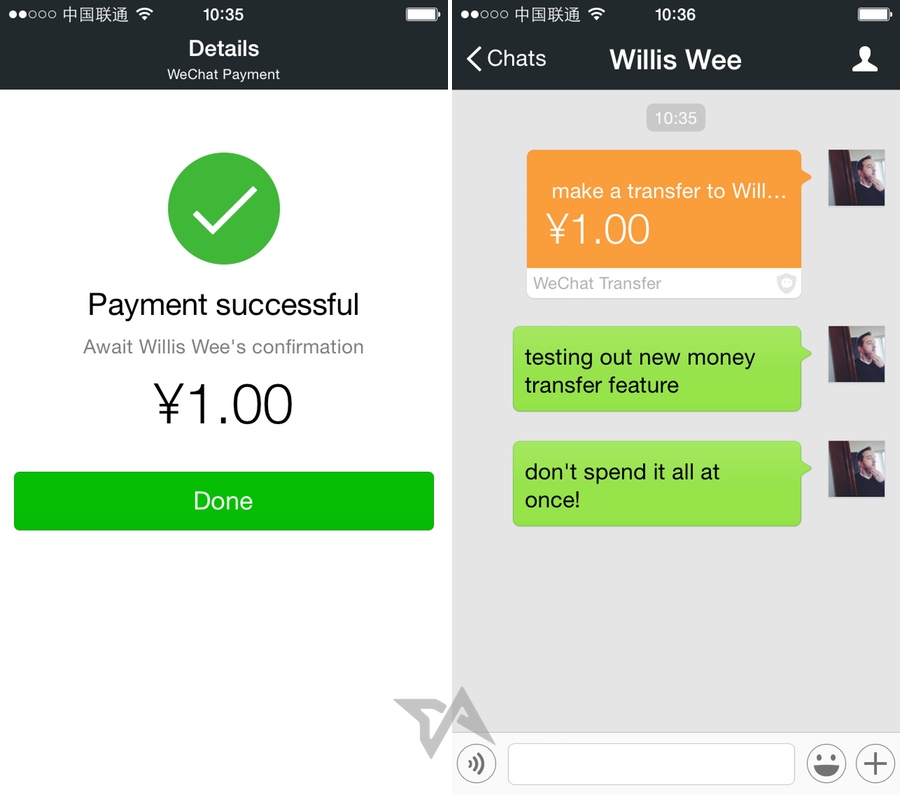


Third parties’ deposit account becomes a de facto internal account that financial institutions cannot clearly dissect. It nearly assumes the function of settlement, particularly when the third-party processor establishes a deposit relationship with a financial institution to process payments for its users. The chart below illustrates the general funds flow of a payment model:Īs indicated, an independent third party is involved in the payment loop. Payment processes usually involve five functions:Īs an example, let’s take a closer look at a third-party payment transaction process. To understand these risks, let’s take a look at the third-party payment flow and bring out the iterated anti-money laundering (AML) measures as well as the major difficulties to implement them. The associated money laundering risks should not be overlooked. Yet, this model lowers the cost and time to commit crimes and also intensifies fund-flow channels. Such payment methods bring convenience to individual consumers, making transactions more efficient and flexible.

Let’s focus on apps that function independently yet connect consumers, merchants and banks to mold a payment loop. To clarify, I’m not referring to mobile banking apps or payment apps operated by the banks. It suggested that family members should do more to educate elderly people about new technology and cybersecurity to help them enjoy a better digital life.E-payment through third-party channels or platforms - like Venmo, Cash App, Alipay or WeChat Pay - is widely used in our daily life, especially as COVID-19 spread and stay-at-home restrictions fueled precipitous growth of third-party payments.
WECHAT PAYMENT FRAUD HOW TO
The study also said 50.3 percent of older users learned how to use WeChat from their children or grandchildren. In September last year, the number had surged to 50 million. Zuo suggested that a system for supervising online payments should be set up, and hotlines for help should be promoted.Ībout 7.68 million seniors were active WeChat users in September 2016, according to the Tencent Research Institute's data. "Citizens don't know where and how to ask for help when bad things happen." "It is also due to a lack of channels for seniors to seek help," said Zuo Xiaodong, vice-president of the China Information Security Research Institute. The report showed only 0.6 percent of those sampled chose to call the police for help. However, more than half of seniors are reluctant to seek help after being deceived. Police arrested 114 suspects and found the victims were mostly seniors with low incomes.Ī report in March by the Tencent Center for Internet and Society found that 67.3 percent of middle-aged and elderly people had experienced some form of internet fraud. The company, based in Changchun, had gained elderly people's trust and convinced them to buy drugs at twice the normal price. In April, police officers in Jilin province broke a telefraud case involving more than 500 million yuan ($73.2 million). Seniors have long been a key target of fraud in China and elsewhere. "With online payment, it has now become much easier for seniors to pay someone directly after they have established trust," he added. However, their growing use of online payments, such as WeChat Wallet and its main rival, Alipay, comes with a growing risk of fraud.Ĭriminal gangs target older people, particularly retirees, and hope to gain their trust in order to defraud them, Zhu said. Zhu Wei, deputy director of the Communication Law Research Center at China University of Political Science and Law, said the strong social bonds offered by WeChat have provided positive options for seniors. The figures are based on a survey of 956 families across 58 cities. With large numbers of older people using WeChat, experts warn that a growing risk of online payment fraud could follow, since seniors are more vulnerable and more easily influenced.Ī study released on July 25 by Tencent Research Institute and Shenzhen University said users age 55 and older spend an average of 1.37 hours per day on the popular social media app, each with an average of 104 WeChat friends.
WECHAT PAYMENT FRAUD CODE
A man scans a QR code to pay for vegetables in Hangzhou, Zhejiang province.


 0 kommentar(er)
0 kommentar(er)
